Welcome to Durham University Business School
QS World University Rankings 2026
Part of a world top 100 university every year since 2010
A Top Global Business School
Durham is an international triple accredited business school. Founded in 1965, we are one of the UK's longest established business schools and are proud to be integral to Durham University.
Sharing insights, supporting innovation and teaching tomorrow’s leaders. We believe that to succeed in business, you need to get closer to the realities of business - so that’s what we do. We combine our academic excellence, insightful research and exceptional global business connections, to equip our students and alumni to become innovative business thinkers of the future and an influential individual in and beyond their careers.
A globally outstanding centre of teaching and research excellence, a collegiate community of extraordinary people, and a unique and historic setting – Durham is a university like no other.
-172x145.png)
.png)
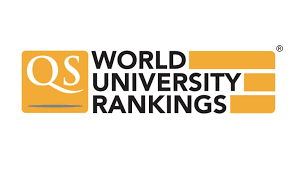
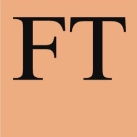
60th Anniversary
In 2025, Durham University Business School proudly marks 60 years of excellence in business education, research, and impact. Since our founding in 1965, we have shaped generations of leaders, advanced groundbreaking research, and built a strong global community.
Focus Programmes
MSc International Business
The MSc International Business programme takes a global perspective to prepare you to successfully negotiate the realities of management in an international setting.
Accounting Analytics and Sustainability (Online Executive)
Delivered fully online, in a part-time study format, our new MSc in Accounting Analytics and Sustainability (MAAS) in an executive-level programme.
Gain a world-class education at a global business school
Our programmes combine academic excellence and outstanding research with global business connections. Add to that, exceptional skills and career development opportunities, you will find a learning experience that equips you for success in your chosen career.
MBA
Masters
Undergraduate
DBA and PhD Programmes
Our three DBA programmes offer experienced business managers and executives the opportunity enhance business and career knowledge. The Durham PhD enables you to combine rigorous academic theory with research to influence the world of business and make a unique contribution to your field of study.
What's new?
Malaysian partnership to develop financiers and regulators
We are working with the Securities Commission Malaysia to develop the financiers and regulators of the future.

Leaders who fail to “walk the talk” suffer emotional and performance setbacks
Promoting diversity can alienate loyal customers: New research highlights risks and solutions
Sixty years of world-class education, research and impact
Spinout launches mental health programme for entrepreneurs in Denmark
Business School and FSB forge strategic partnership to champion the region’s SMEs
Business School celebrates strong performance in QS World University Rankings 2026
Durham and Newcastle Universities partner with P&G to drive industrial decarbonisation
A major collaboration between Durham University, Newcastle University and Procter & Gamble (P&G) has resulted in the development of a new framework to support industrial decarbonisation in the consumer goods sector.

Strategic patience is the smartest response to Trump’s tariffs
Seven ways to be a successful remote-working manager
Malaysian partnership to develop financiers and regulators
We are working with the Securities Commission Malaysia to develop the financiers and regulators of the future.

Sixty years of world-class education, research and impact
Financial Times Masters in Finance Ranking highlights Durham’s Global Top 20 Careers Support
Upcoming events
The Durham Online MBA: Introduction to the Marketing module
Space Medicine Course in connection with World Extreme Medicine
Durham DBA Webinar: Conversation with our Past and Present Students
Hybrid Conference on Islamic Law and Finance
IMPACT Latest Edition
This issue centres on change and transformation, exploring how engaging with opposing viewpoints can drive meaningful progress, the role of AI in human resource management and the challenges of balancing a demanding career with home life.

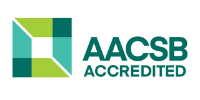
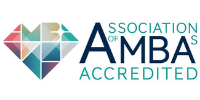
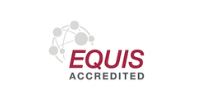
.png)
/prod01/channel_3/business/media/durham-university-business-school/study/masters-programmes/IB-web-page-banner-950X300-no-name.png)
/prod01/channel_3/business/media/durham-university-business-school/study/masters-programmes/MAAS-web-page-banner-950X300-no-name.jpg)




.png)

/prod01/channel_3/business/media/durham-university-business-school/impact/Is-your-home-life-holding-your-career-back-.jpg)
/prod01/channel_3/business/media/durham-university-business-school/impact/Changing-human-resource-management-and-managers-Middle-managers%C3%A2%C2%80%C2%99-rage-against-the-machine.jpg)
/prod01/channel_3/business/media/durham-university-business-school/impact/MIND-your-business.png)
/prod01/channel_3/business/media/durham-university-business-school/impact/I-want-to-believe-the-psychology-of-climate-change-conspiracy-theories---Aarron-Atkinson-Toal.png)


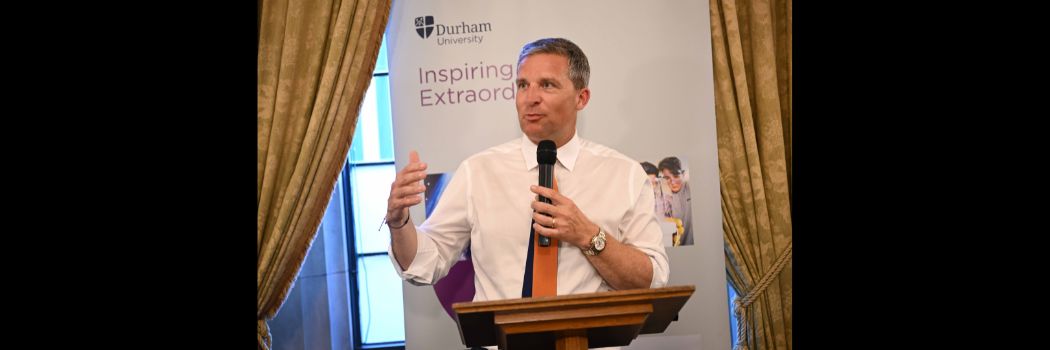
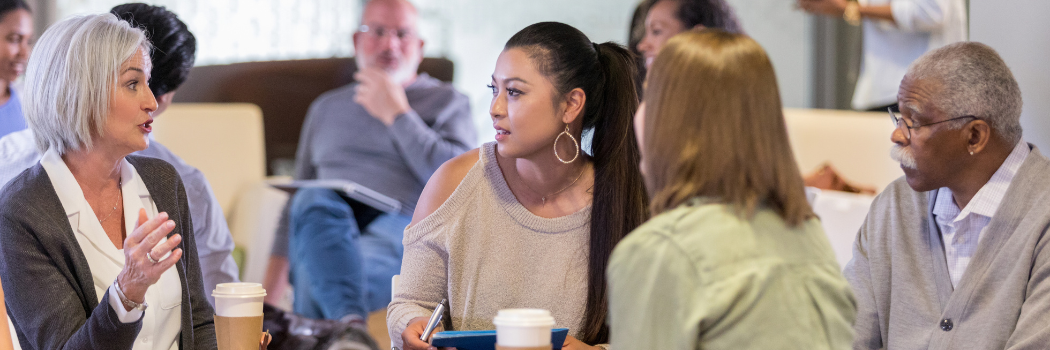





/prod01/channel_3/business/media/durham-university-business-school/events/OMBA-email-header---600x-400.png)
/prod01/channel_3/business/media/durham-university-business-school/events/Nikita-Chiu---Space-medicine-course-(1).png)
/prod01/channel_3/business/media/durham-university-business-school/study/dba/GDBA-webinar-(2).png)
/prod01/channel_3/business/media/durham-university/alumni-/Waterside.png)

/prod01/channel_3/business/media/durham-university-business-school/Signposting-500-x-300-px-(6).png)
/prod01/channel_3/business/media/durham-university-business-school/Signposting-500-x-300-px-(7).png)
/prod01/channel_3/business/media/durham-university-business-school/for-business/Finance-dept.png)
/prod01/channel_3/business/media/durham-university-business-school/Signposting-500-x-300-px-(8).png)